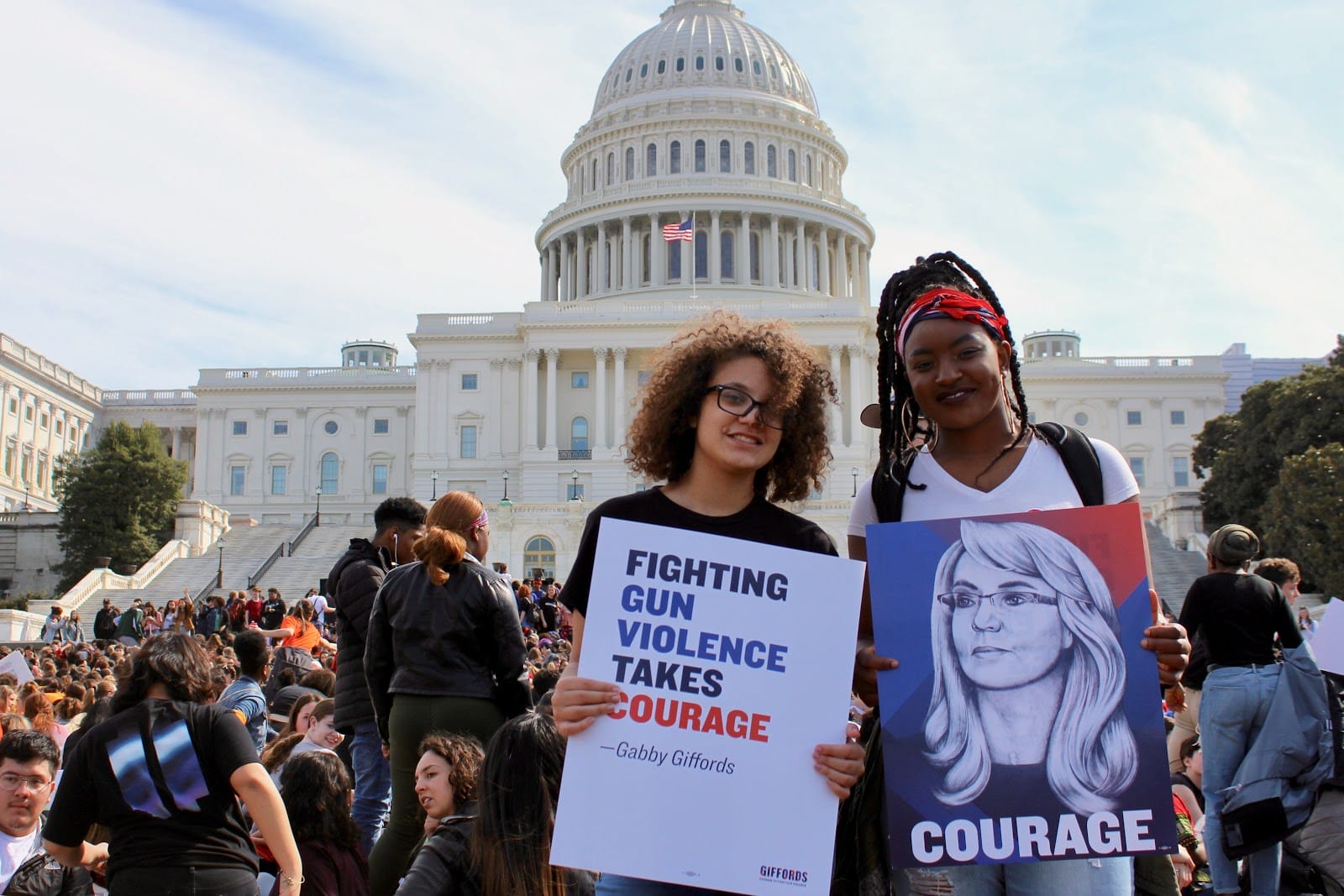MEDIA REQUESTS
Our experts can speak to the full spectrum of gun violence prevention issues. Have a question? Email us at media@giffords.org.
Contact
Gun Law Trendwatch rounds up the latest information on gun legislation in America.
GIFFORDS Law Center tracks and analyzes firearm legislation in all 50 states, researching close to 2,000 bills each year. Gun Law Trendwatch highlights developments in state gun legislation, documents important victories, and monitors the gun lobby’s activity in legislatures across the country.
Our experts can speak to the full spectrum of gun violence prevention issues. Have a question? Email us at media@giffords.org.
Contact
—Feb 18, 2026
—Dec 18, 2025
—Jul 30, 2025
—May 09, 2025
—Mar 17, 2025
—Feb 13, 2025

Explore facts, figures, and original analysis compiled by our experts. To end our gun violence crisis, we need to better understand where, how, and why violence occurs.
Learn More
Over 40,000 Americans lose their lives to gun violence every year. Giffords Law Center is leading the fight to save lives by championing gun safety policies and holding the gun lobby accountable. Will you join us?